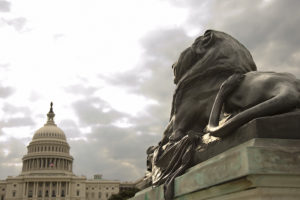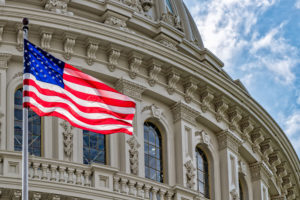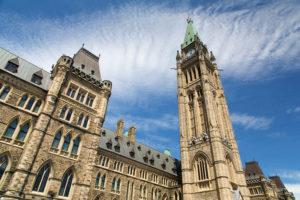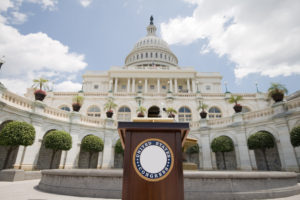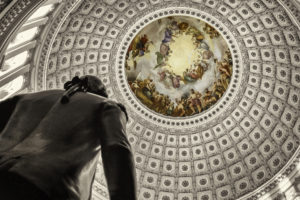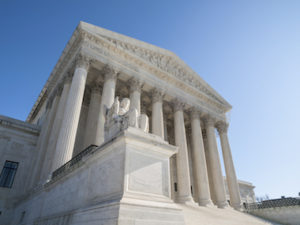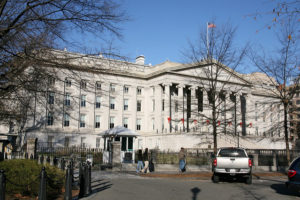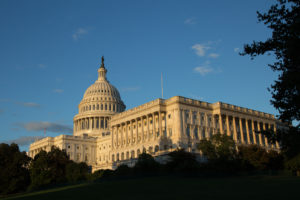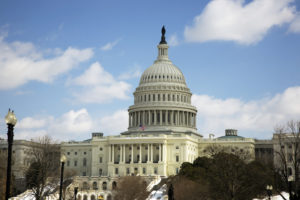Finding a Path Back to Democratic Governance
Eliminating the primary and caucus rules would create a more productive and responsive democracy.
Getting Back to the Basics with Agency Rulemaking
The United States needs a bipartisan push to bring transparency and accountability back into the rulemaking process.
Repealing the CFPB’s Arbitration Rule
President Trump signs measure rescinding the financial consumer watchdog’s recent rule.
Regulatory Reform Should Be About Strengthening Legislative Responsibility
Countries like Australia and Canada offer models for reining in delegation of lawmaking authority to agencies.
An Empirical Analysis of the Establishment of Independent Agencies
A divided government may not fully explain the creation of agencies not directly controllable by the President.
Scrap the Congressional Review Act
The law goes against the public interest, favoring lobbyists over public protections.
The Role of Federal Judges in the Modern Administrative State
Judge Gorsuch’s confirmation hearings offer a key opportunity to examine a judge’s philosophy on the judiciary’s proper role under the Constitution.
Treasury Pick’s Oversight of “Robo-Signing” Heats Up Nomination Proceedings
Steven Mnuchin continues to advance in U.S. Senate even as Democrats decry his role during financial crisis.
Potential Legislative Developments in the Regulatory State in 2017
The 115th Congress brings great promise for the Republican agenda, although not all planned reforms will happen overnight.
The Trump Administration’s Regulatory Reform Options
The new Administration and Congress can use several procedures to cut down on regulation.
The Unhealthy Return to Individual Responsibility in Health Policy
The Republicans’ ACA replacement plan espouses individual responsibility—a naïve and ill-advised approach to healthcare reform.
Regulating International Cyberwarfare
Expert proposes approach to determine the optimal regulatory framework for cyberwar.


